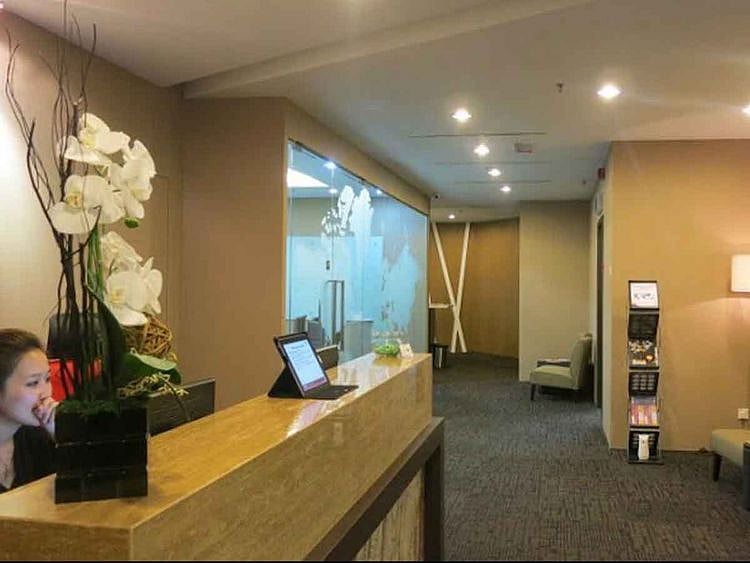Start-up visas: A passport for innovation and growth
Canadian Start-Up Visa Programme (SUV) allows applicants to obtain permanent residence

As rapid technological change transforms businesses and even entire industries, many countries are exploring ways to build a fertile environment for the sort of innovation that will give them a competitive edge in the global market. Start-ups — young, innovative companies with the potential for quick growth — are at the heart of this movement.
Although most countries have long-standing immigration channels for business and employment purposes, these are often a poor fit for start-up founders. Some of these traditional visas require an employment contract or proven track record of professional success, while others have high investment or job-creation requirements that are often out of reach for early-stage, high-risk business projects that still have everything to prove.
A growing number of governments, including Canada, Chile, Estonia, France, Ireland, Italy, New Zealand, the Philippines, and Singapore, have launched start-up visas to address this gap.
One of the latest in this approach is the Canadian Start-Up Visa Programme (SUV), which allows entrepreneurial applicants to obtain permanent residence in Canada while contributing to job creation and stimulating economic growth by the means of an innovative project.
The advantages of this programme are:
Short processing time (an average of six months to obtain a work permit).
The fund source justifications required are quite simple compared to other programmes.
No minimum requirement for possession of property or assets.
The federal government is the only interlocutor in the process.
The permanent residence application is processed inside Canada.
The overall required investment is $300,000 (Dh1.1 million) without any additional requirement to show a minimum net worth.
However, there are other available streams. Each stream has a different requirement. A venture capitalist and the angel investor must commit to a minimum of $200,000 and Canadian $75,000 (Dh218,000) respectively, but the incubator does not have to invest.
It must be a new business and projects must be evaluated and approved by the incubator. However, some sectors, such as artificial intelligence (AI), are more likely to succeed.
Sign up for the Daily Briefing
Get the latest news and updates straight to your inbox
Network Links
GN StoreDownload our app
© Al Nisr Publishing LLC 2026. All rights reserved.